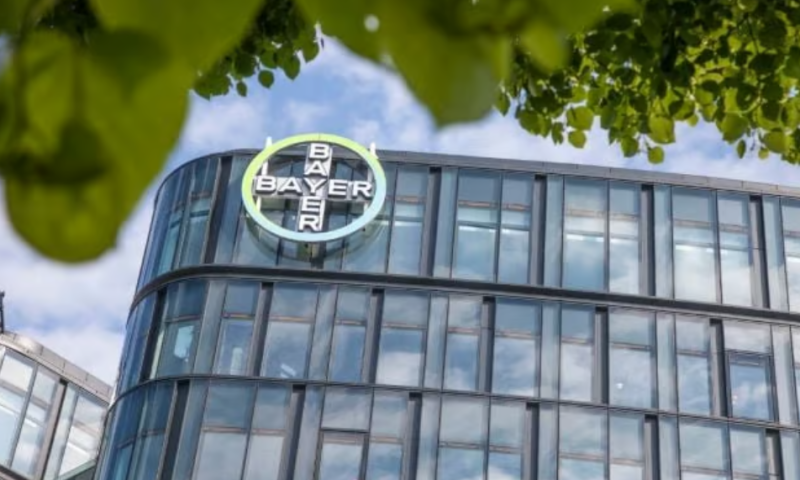Bayer is joining Blueprint Medicines, Incyte and Pfizer in the race to develop a selective CDK2 inhibitor, paying Cedilla Therapeutics an undisclosed sum for a preclinical challenger to the more advanced rivals.
Evidence that CDK2 is involved in processes that drive forms of breast, ovarian, uterine, stomach and esophageal cancers has spurred decades of research. Interest in the target intensified as it became clear that the kinase is implicated in changes that create breast cancers that are resistant to CDK4/6 inhibitors such as Pfizer’s Ibrance, Novartis’ Kisqali and Eli Lilly’s Verzenio.
CDK2 is a tough target, though, because researchers need to create molecules with selectivity against its isoforms to avoid an intolerable toxicity profile. Cedilla emerged as a biotech with a plan for how to beat the toxicity problem in 2021, when it disclosed its CDK2 program and raised $82.6 million.
Investors including RA Capital Management and Third Rock Ventures bet on Cedilla in the belief that its conditional inhibitors are a good fit for targets including CDK2. The inhibitors only modulate their targets when they are in a certain condition.
In the case of CDK2, the condition is binding to Cyclin E. Focusing on the Cyclin E1/CDK2 complex enabled Cedilla to identify a previously unreported binding site. If the biotech is right, targeting the binding site will improve on the selectivity of other CDK2 inhibitors and result in a more favorable risk-benefit profile.
Bayer has bought into the idea. In return for a financial package featuring upfront, milestone and royalty payments, the size of which remains under wraps, the German drugmaker has secured full rights to work on Cedilla’s Cyclin E1/CDK2 complex inhibitors. The Cedilla pipeline lists the program between preclinical and IND.
The upshot is Bayer has ceded a head start to its rivals for the CDK2 market. Pfizer is set to present phase 1/2a data on its candidate, PF-07104091, this week. Incyte and Blueprint Medicines joined Pfizer in the clinic last year, kicking off early-phase trials of INCB123667 and BLU-222, respectively. Blueprint was held up by a clinical hold but quickly fixed the problem and began working to resume enrollment in March.

